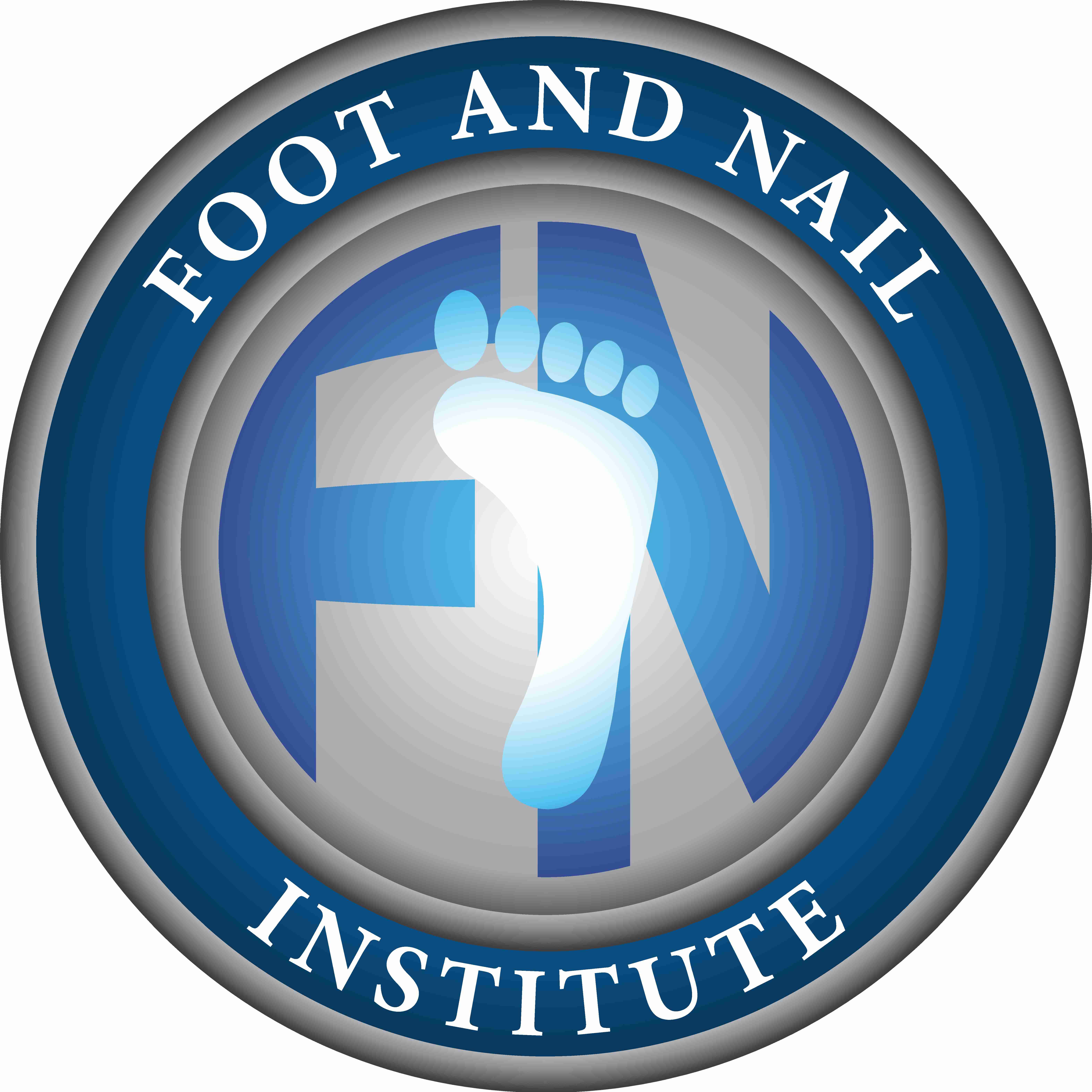

Career Pivots: Redefining Your Purpose
Life is always flowing and moving. Sometimes it goes as planned and other times it throws the unexpected towards us.
One minute we are comfortable in our career, and the next minute a storm rolls in. This can be in the form of a new boss, new co-worker, new regulations, downsizing, or job loss.
What we do in these moments is what matters the most.
Or maybe everything is fine. Perhaps comfortability has turned into stagnation. At some point in our career, we may begin to think, is it time to pivot? Transfer to another unit, another facility, or start that business?
Pivoting can be a fundamental shift in our personal strategy, allowing us to focus on opportunities that better suit us in our career. It may involve changing industries, roles, or skill sets to pursue new goals.
Pivoting is not about abandoning previous efforts, but reimagining them to serve a new purpose. Pivoting matters, as we have to become adaptive to change. A pivot can open doors to unexplored opportunities, whether it is entering an emerging industry, leveraging untapped skills, or solving a problem no one else has addressed.
Pivoting also helps us avoid stagnation. Too often, we stick to a path out of fear of changing. What we may find is that our lack of inertia to change can lead to frustration or burnout. Pivoting injects a fresh energy, creativity, and purpose into your journey.
What are some signs that it may be time to pivot?
Your values or priorities may have changed. Life happens and changes take place accordingly. The company you work for – their values, morals, culture, and priorities may have changed.
Technological advancements, market changes, or personal life changes may create a need for a new direction. If you find yourself repeatedly hitting the same obstacles without progress, it may be time to look at other opportunities.
Acknowledge the need to pivot. Recognizing when it's time to pivot is important. Otherwise, ignoring the signs necessary for change can lead to missed opportunities. Before pivoting, understand the purpose behind the shift. What's driving you to change? Is it to solve a problem, achieve growth, or are you seeking to align your career with your passions?
Pivots don't mean starting from scratch. Identify what skills you possess and what assets you bring to the table so you can lead with those during your transition. Seek support, mentors, peers, or professional networking groups to guide and inspire you through the transition. Pivots often involve uncertainty and risk. This is a way of cultivating resilience and staying committed to your vision, even when the path gets challenging.
At its core, a pivot is an act of courage and adaptability. It requires a growth mindset – the belief that challenges and changes are opportunities to learn and evolve. Whether the pivot leads to immediate success or unexpected detours, the lessons you gain will enrich your journey.
Pivots are not failures, they are opportunities to realign with your purpose, adapt to the world, and to unlock untapped potential.
If it’s your time to pivot, explore what the Foot and Nail Institute has to offer by signing up for our next free info webinar.
